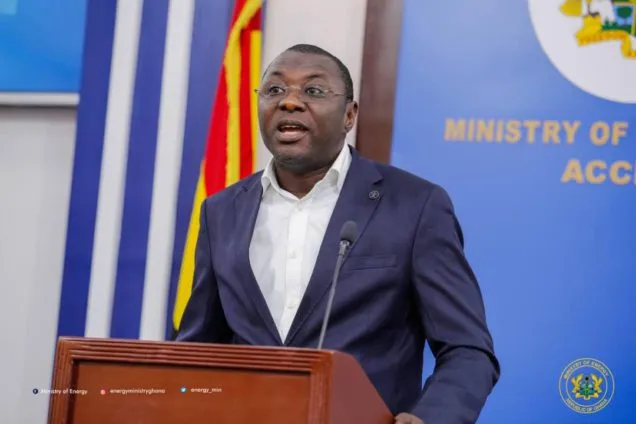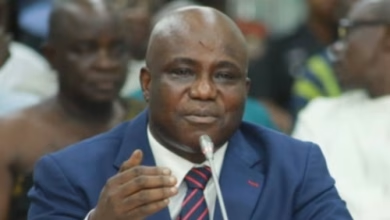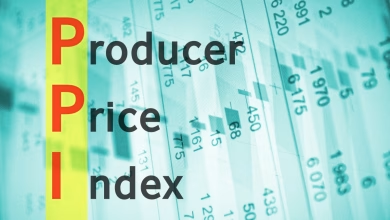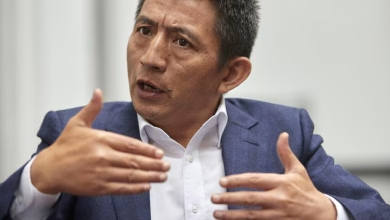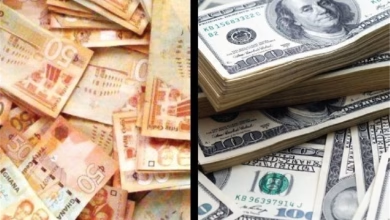Ghana’s economy is rebounding stronger than anticipated, with improved macroeconomic indicators and successful debt restructuring efforts, according to Finance Minister Dr. Mohammed Amin Adam. Delivering the 2024 Mid-Year Fiscal Policy Review, Dr. Adam highlighted key achievements, including:
- Conclusion of the Extended Credit Facility’s second review with the IMF, resulting in a $360 million disbursement
- Progress in external debt restructuring efforts, with $5.1 billion covered by the Official Creditor Committee and $2.8 billion in debt relief
- Negotiations with Eurobond holders, resulting in $4.7 billion in debt cancellation and $4.4 billion in debt service relief
Economic Indicators Show Improvement
- GDP growth: 2.9% in 2023, 4.7% in Q1 2024 (highest since Q2 2022)
- Non-oil GDP growth: 3.3% in 2023, 4.7% in Q1 2024
- Inflation: 23.2% at end-December 2023, down from 54.6% in December 2022
- Current account: surplus of $1.41 billion, driven by strong remittances growth
Revised Macroeconomic Framework
- Real GDP Growth rate revised upwards to 3.1%
- Non-Oil Real GDP Growth rate revised upwards to 2.8%
- Headline inflation target remains unchanged at 15% for end-2024
Fiscal Discipline and Revenue Projections
- Government committed to living within its means, with expenditures reined in and revenue target exceeded by 0.2% by end-June 2024
- Total Revenue and Grants revised upwards by 0.5% to GH¢177.22 billion (17.4% of GDP)
Plans to Achieve Targets
- Broadening tax base, simplified digital taxation scheme, and electronic book-keeping system
- Onboarding 2,000 more taxpayers onto e-VAT by end-2024
- Re-instituting integrated property tax system
Road Tolls to be Reintroduced
- Framework to be developed for re-introduction of Road and Bridge Tolls in 2025
